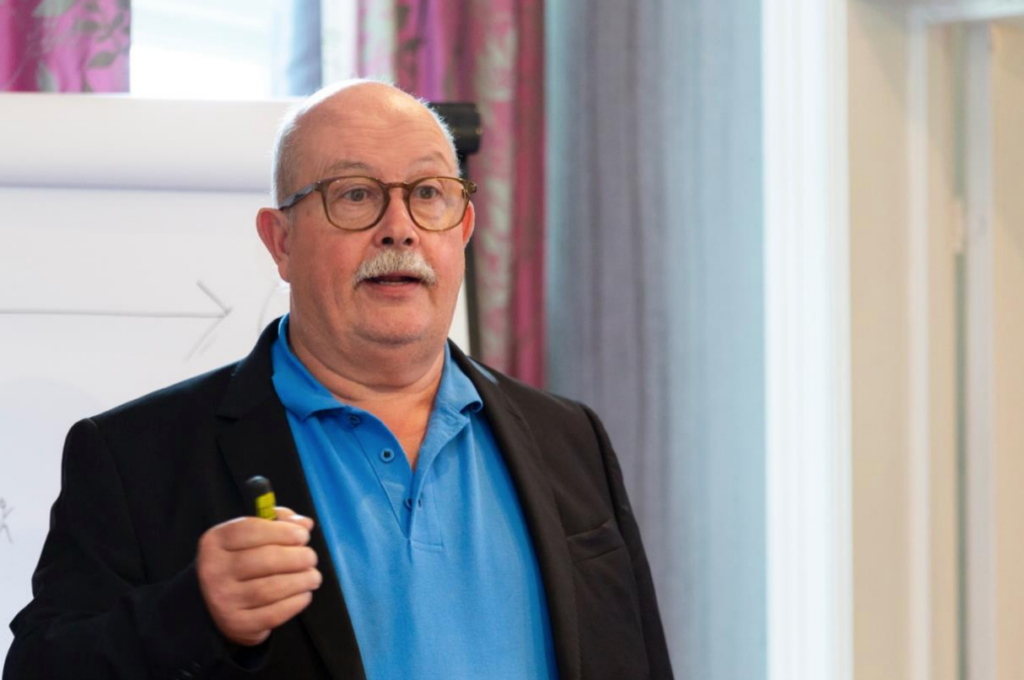In an industry built on relationships, communication, and trust, there’s a hidden factor that limits even the most promising real estate agents: Sales Call Reluctance®.
According to a study of over 3,300 real estate professionals conducted by the Keller Center at Baylor University and Behavioral Sciences Research Press, the majority of agents experience one or more psychological barriers that prevent them from initiating contact— even when they know that’s exactly what’s needed to succeed.
When Mindset Blocks Momentum
Sales Call Reluctance isn’t about laziness or a lack of drive. It’s the emotional discomfort that prevents salespeople from initiating contact with prospective clients. It shows up in many forms:
- Hesitation to call even familiar contacts
- Waiting for the “perfect moment” that never comes
- Over-preparing instead of acting
- Avoiding public visibility
- Losing confidence in front of high-status or high-income clients
The result? Fewer contacts. Fewer conversations. Fewer sales.
Men and Women – Different Barriers, Same Impact
The study revealed gender-related patterns:
- Men more often experience Hyper-Pro Call Reluctance – appearing polished and
professional, but hesitating to take action. - Women showed higher frequencies in:
– Doomsayer: Focus on what might go wrong, leading to inaction.
– Stage Fright: Avoidance of public speaking or being in the spotlight.
– Social Self-Consciousness: Feeling intimidated by wealthy or highly educated
clients.
– Emotional Unemancipation: Inability to ask friends and family for referrals or
business.
Regardless of the form, the effect is the same: reduced activity, stunted growth, and untapped potential.
The Research Speaks Clearly
Agents who score high in Sales Call Reluctance initiate fewer client interactions.
They close fewer deals.
They are more likely to leave the industry early.
But those who stay – and learn to manage these fears – are often the ones who rise to the top. Because success isn’t about never feeling discomfort. It’s about not letting it win.
It’s Not About Motivation – It’s About Awareness
Only 33% of agents in the study said they were primarily motivated by money.
Most were driven by values like freedom, helping others, and reaching their full potential.
Even the most motivated agent, however, can stall if the fear of rejection or failure runs too deep.
This is where tools like SPQ*GOLD®/FSA make all the difference. It identifies 16 distinct forms of reluctance with clinical precision. And that enables personalized development—not generic training.
So What Can We Do?
- Measure what truly matters – behavior and emotion, not just performance metrics
- Start with leadership – sales reluctance spreads top-down
- Look beyond motivation – and identify the real blockers to performance
- Stop telling agents to “just be brave” – and start providing tools that create confidence, clarity, and mental freedom
The Bottom Line
Sales Call Reluctance is not a personality flaw.
It’s a behavioral pattern shaped by experience, culture, and sometimes by the company itself.
And it can be changed.
With the right tools, insights, and support, any real estate agent can learn to release the
brake—and make the call that changes everything.
